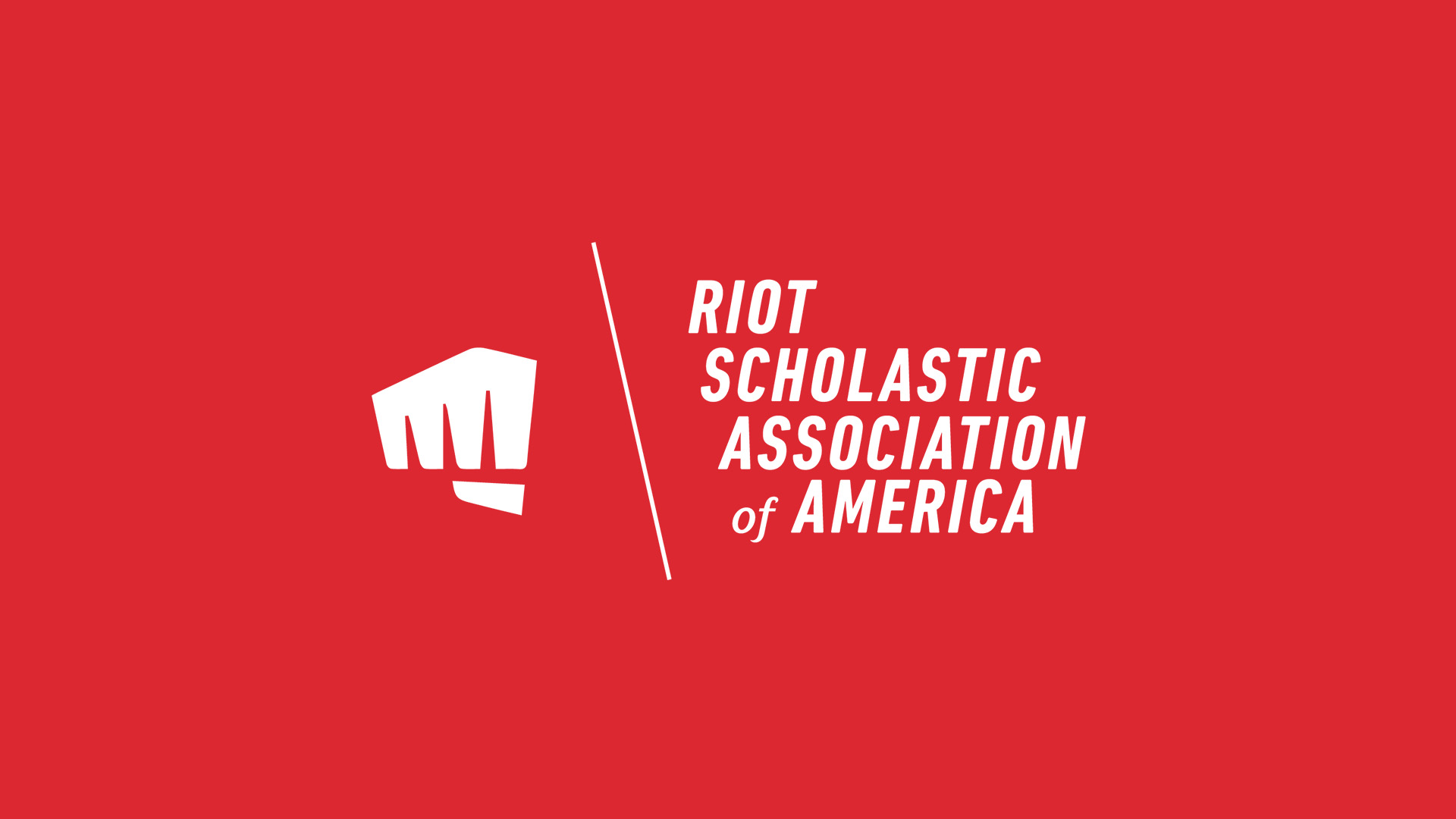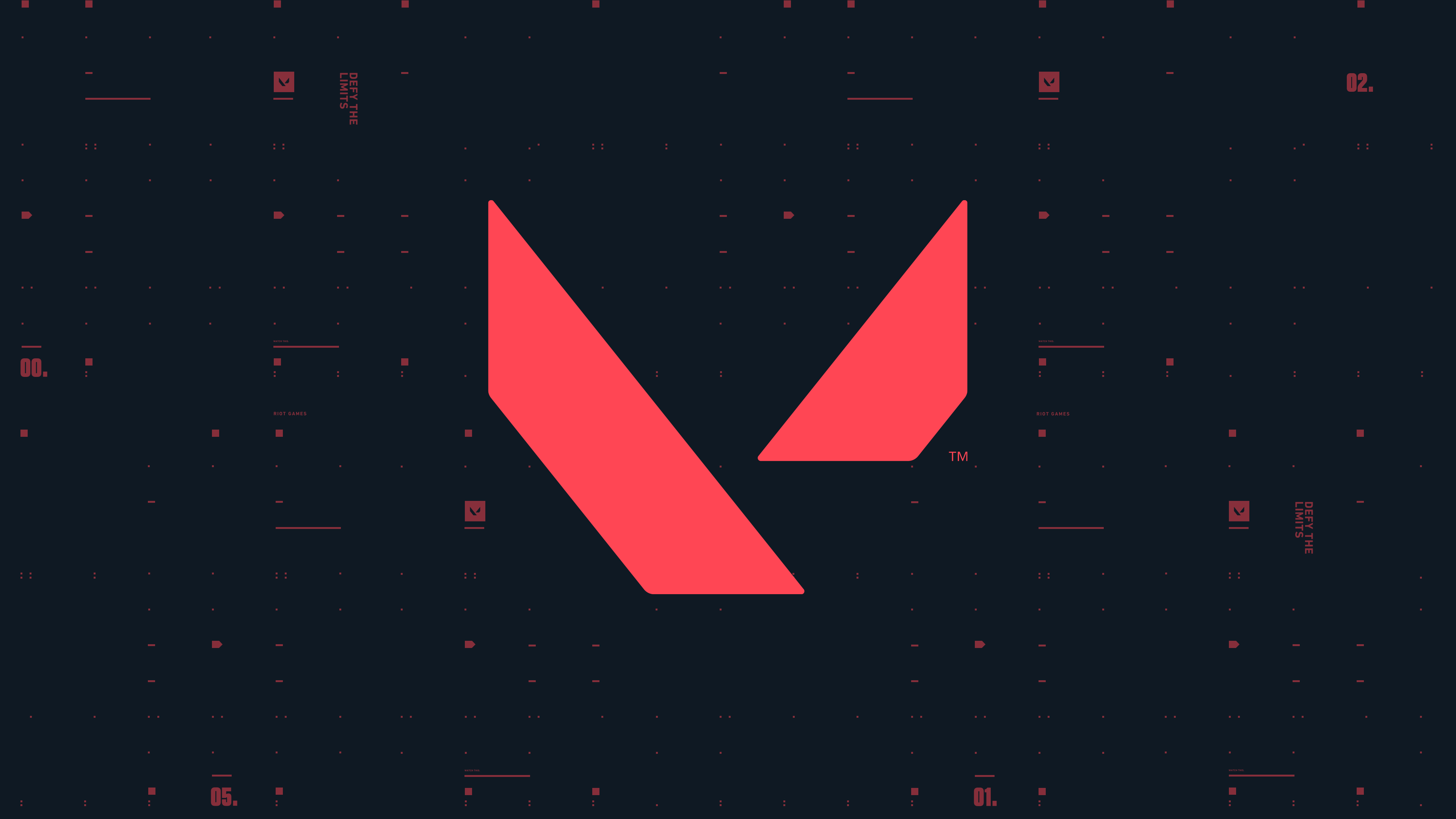
2023 College League of Legends and VALORANT Season Information Live!
Read More
RSAA perspective on support for VALORANT and other Riot titles
2020 saw the launch of several new Riot Games titles. The Riot Scholastic Association of America would like to address some of the most frequently asked questions we’ve fielded from the community about scholastic support for new games. We’ll focus on VALORANT because of the level of interest it is receiving from students, scholastic administrators, and tournament organizers.
Is the RSAA planning to support official esports competitions for VALORANT in college and/or high school?
During closed beta in April, the VALORANT esports team shared an early vision for esports and community competition. This vision focuses on letting the game grow naturally, without forcing anything too quickly before understanding what’s best for esports fans.
The RSAA is taking a similar approach for scholastic competition. We’re encouraged by VALORANT’s early popularity and community engagement in scholastic settings, but we need to better understand the needs of student communities and the appetite for institutional support. For the 2020-21 academic year, the RSAA is not operating or sanctioning official VALORANT scholastic esports competitions.
We’re excited to see players, tournament organizers, and brands supporting community competition for scholastic audiences. For players and organizations who want to operate scholastic-focused community competition in North America, please refer to the VALORANT Community Competition Guidelines and see our guidance below.
What are the guidelines for scholastic VALORANT events and competitions in North America?
Scholastic organizers can operate “Small Tournaments” as outlined in the VALORANT Community Competition Guidelines. The “Medium” and “Major Tournament” tiers require a special license agreement, but the RSAA is not currently pursuing any of these agreements.
When will the RSAA consider potential scholastic support for VALORANT?
We plan to evaluate potential scholastic VALORANT competitive support heading into the 2021-22 academic year.
How does the RSAA evaluate the potential for VALORANT scholastic esports?
It starts with the community that is forming around VALORANT. We recognize that each Riot Games title will reach a different group of players who will form their own communities with their own needs. The VALORANT scholastic community needs time and space to form its own identity.
The VALORANT development team’s vision for the game is also important. They have a long-term plan for the experiences they want to deliver to players, and they are continually developing the game to further this vision. When we consider offering scholastic programming for any game, we need to ensure it aligns with that vision.
Not surprisingly, the RSAA’s views on scholastic esports have been strongly influenced by League of Legends. Over 11 years, League has grown into a unique esport, in terms of the passion of the communities surrounding it, the longevity of its popularity, and its similarities to traditional team sports. These characteristics make League of Legends an ideal esport to be supported by scholastic institutions on a multi-generational timeline.
We don’t assume that every new title should be supported like a scholastic sport. In the case of VALORANT, the early interest we’ve seen from students, administrators, and organizers is an encouraging sign, and we’re excited to learn more about how we can better support this community in the future.
What about other Riot titles?
We’ll take a similar approach to evaluating scholastic support for other Riot games on a game-by-game basis.
